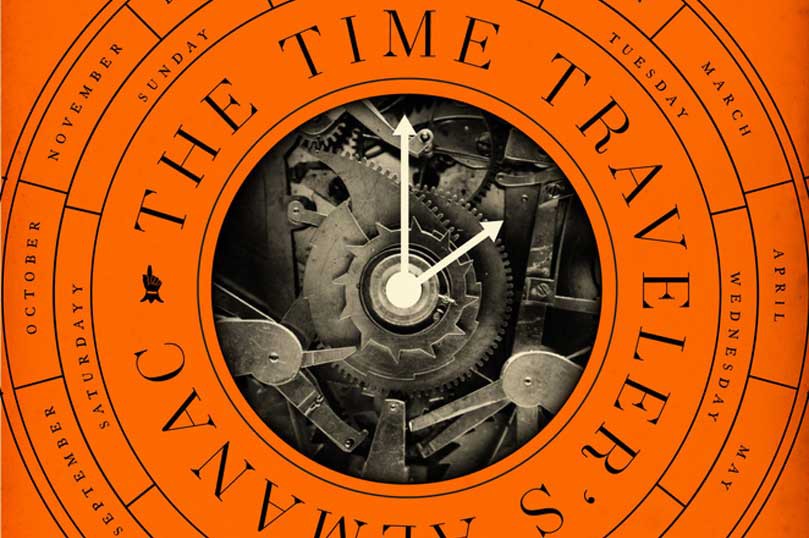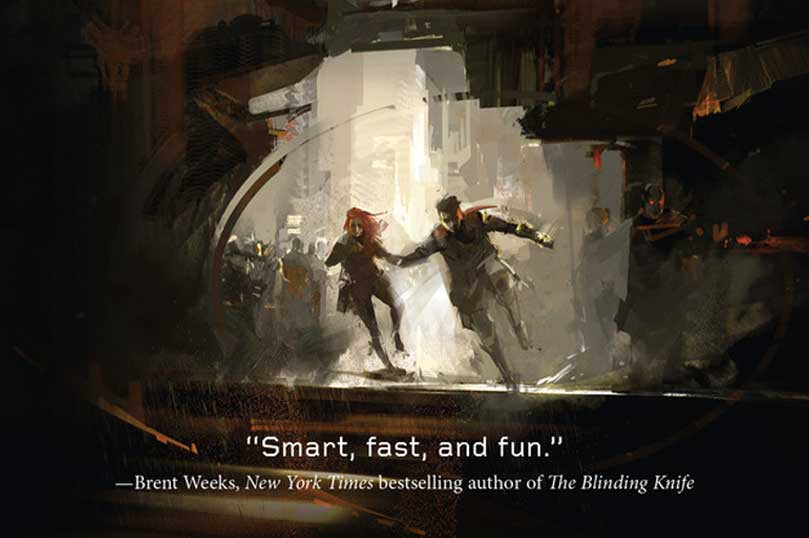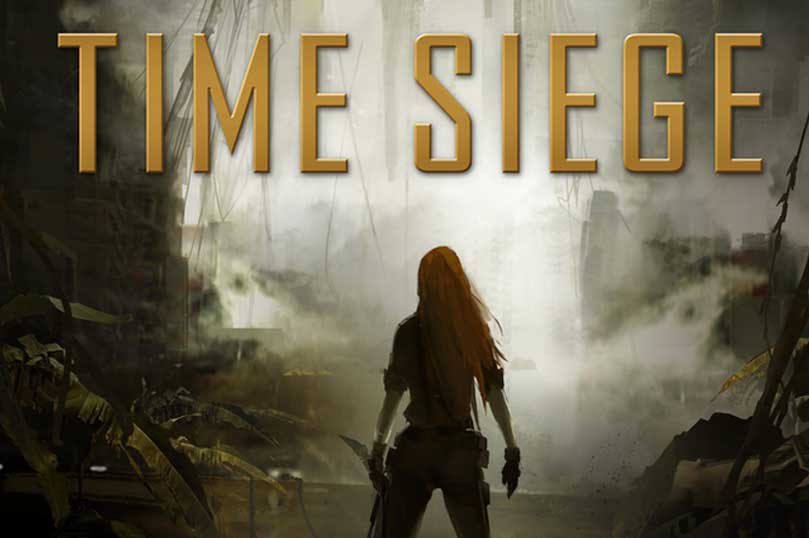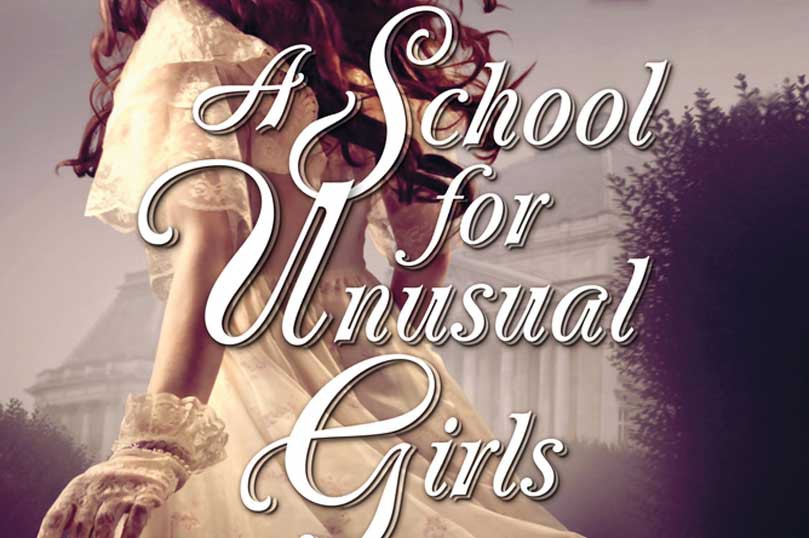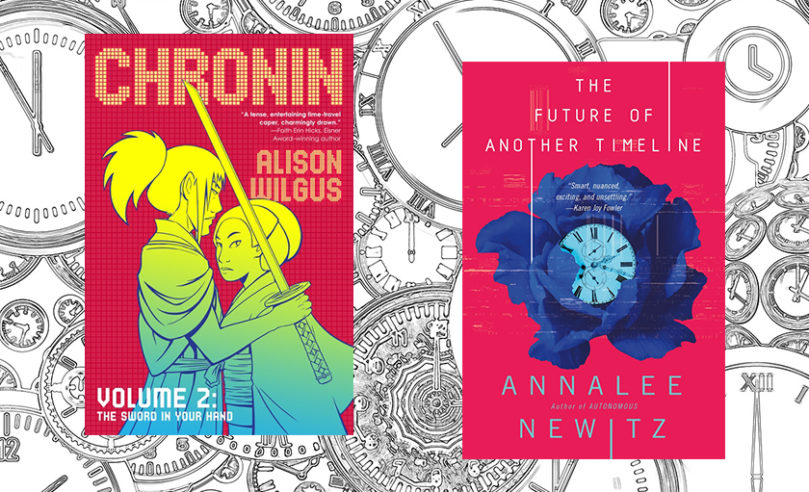
Samurai, Octopuses, and Time-Traveling Lesbians: An Interview with Annalee Newitz and Ali Wilgus
2019 has been a wild year so far, and it’s made a lot of us crave well…a different timeline. Thankfully, Tor authors Annalee Newitz and Alison Wilgus have wrote this year about one of our all-time favorite SFF subjects: TIME TRAVEL. So…Why time travel? Annalee Newitz (The Future of Another Timeline): Honestly, I never wanted…

